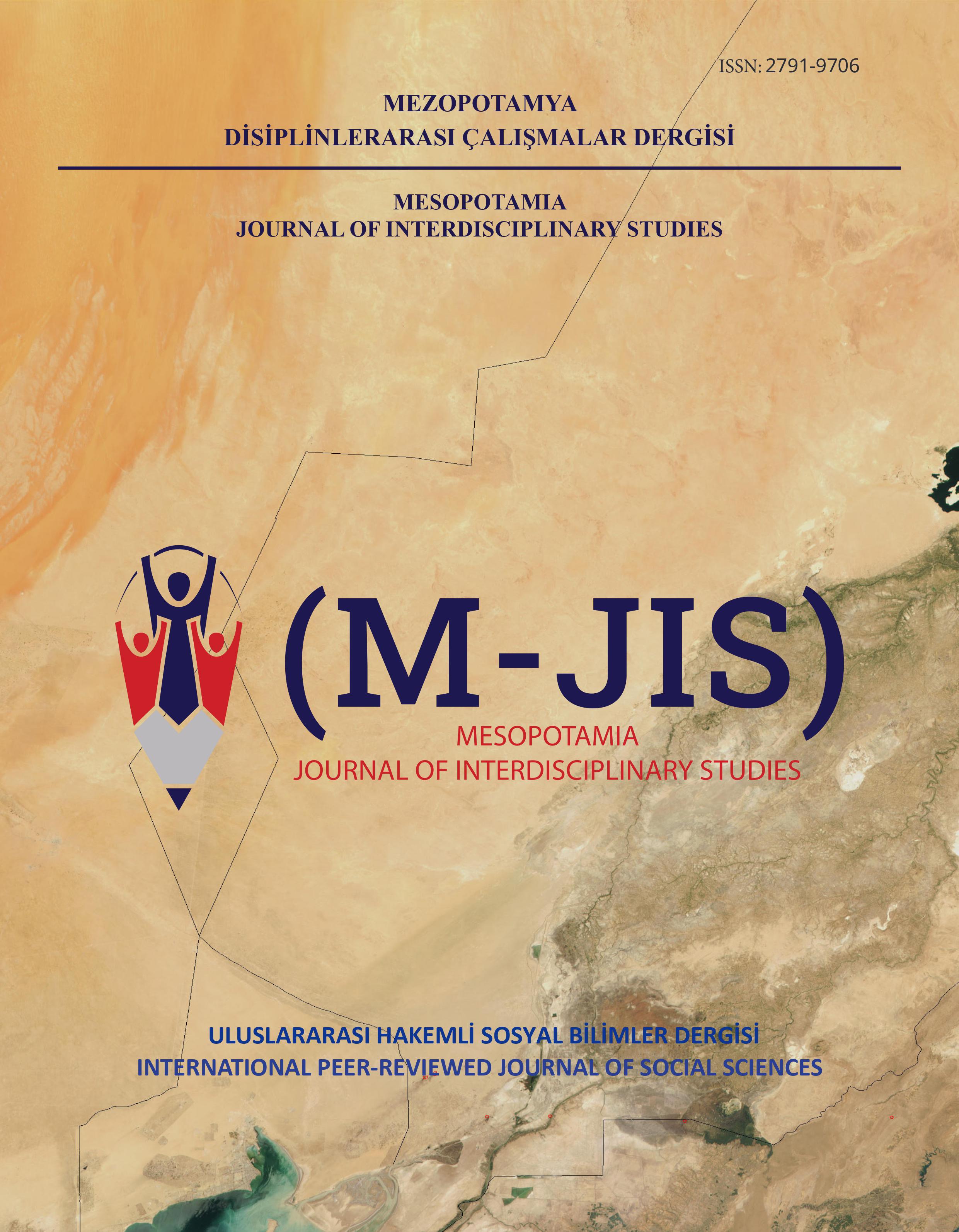Author :
Abstract
Keywords
Abstract
In the contemporary economy, relationships within the energy sector hold significant importance. The stable development of any state relies heavily on the efficient utilization of resources. Therefore, particular attention should be directed towards the legal regulation of relationships in the energy sector. On the other hand, it is crucial to comprehend the field of energy in its broadest sense. Consequently, there is a need to understand energy law, specifically the law governing the management of energy resources. This encompasses both traditional and alternative energy sources. Regulation, protection, and the assurance of energy security should be integrated at all stages of the management, use, or exploitation of energy resources. This field essentially spans across various branches of law, and in most cases, its goals and objectives can be achieved through inter-branch cooperation. Presently, considerable emphasis is placed on international cooperation in the energy sector, leading to the formation of robust economic, infrastructural, and legal relations aimed at harmonization and convergence. In terms of criminal protection in the energy sector, two distinct directions should be recognized where legal safeguards are applied: norms that safeguard the right to ownership of energy resources and norms that ensure the protection of public security and order in the energy sector. Given the paramount importance of the energy sector, the imperative to ensure its secure exploitation necessitates continuous improvement and refinement of criminal law norms. This involves establishing responsibility for specific actions within a separate norm and assigning a proper place for it in the legal code. Considering the significance of the energy sector, it is particularly relevant to draw insights from foreign experiences within the framework of legal cooperation to enhance security in the field of energy.





